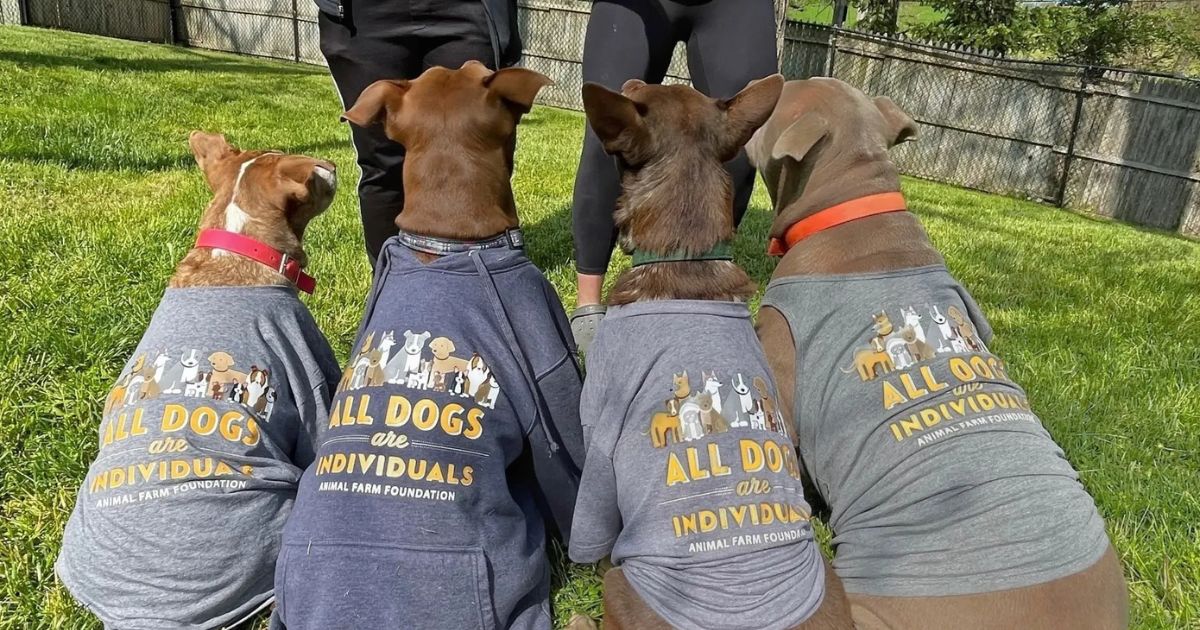
FIRST LET’S TALK ABOUT MENTAL HEALTH
Dogs are individuals. People are individuals.
How we experience mental health is individualistic – and some people need dogs (or other animals) to help them through that experience.
WHAT DO ESAS DO?
Emotional support animals don’t require special training. They don’t perform tasks like
(And yes, any animal can be an ESA.)
What’s different about emotional support animals actually has nothing to do with the animal at all. It has to do with the person who needs the animal.
Contrary to popular belief (and perhaps popular practice), you cannot get a legal certificate for an ESA on the internet. You can only legally have an emotional support animal if your mental health provider determines that you have a debilitating mental illness and that the presence of an animal in your life is an important part of your mental health treatment plan.
Emotional support animals can be part of a mental health treatment plan.
Mental health is personal, so the way ESAs affect their humans will vary. What’s more, it’s not for us to judge or to even know how someone’s ESA helps them cope with their mental health. That’s between that person and their mental health professional.


WHAT’S THE DIFFERENCE BETWEEN AN EMOTIONAL SUPPORT ANIMAL AND A PSYCHIATRIC SERVICE DOG?
Not every dog can be a service dog, but any dog (or animal) can be an ESA. They require no special training.
WHAT RIGHTS DO PEOPLE WITH ESAS HAVE?
If an ESA is part of your mental health treatment plan:
You have the right to have your dog fly in the cabin with you on an airplane, according to the Air Carrier Access Act.
Your ESA is allowed in housing that is not pet-friendly and you are not required to pay a pet deposit for your ESA.
If your emotional support animal is a dog, your dog is exempt from any state/city/town breed specific legislation. (*Note that this should also apply to airlines under the ACAA, which is why Delta’s policy is discriminatory and illegal.)
Purchasing a certificate online for your dog does not give you legal protection. It does not make your dog (or
WHAT RIGHTS DON’T PEOPLE WITH ESAS HAVE?
LET’S BE CLEAR:
We know that a lot of people are breaking the law and pretending to have a disability so that they can have their pet on a plane or bypass pet deposits in housing. We won’t deny that people are committing disability fraud.
But another thing we won’t do is contribute to the stigma of mental illness and deny people with disabilities their right to use emotional support animals as part of their mental health treatment.
Let’s support people who seek treatment for their mental health. And let’s also be very clear that when someone lies about their dog being an ESA, they are lying about having a disability and making a mockery out of the very serious issue of mental health.






